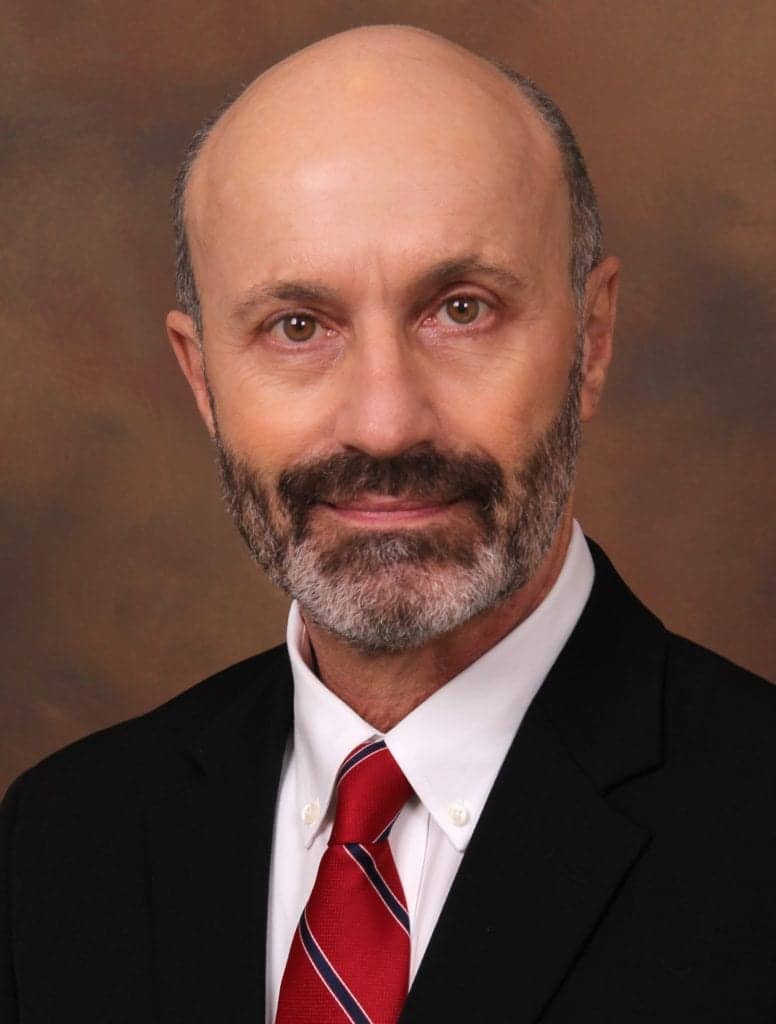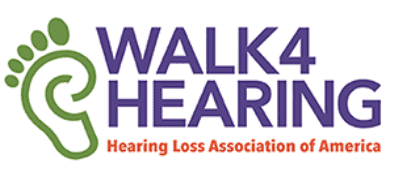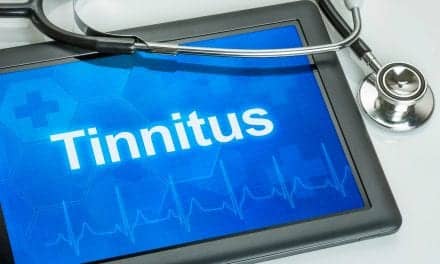Neuroscience company Cognivue, Inc, in collaboration with The American Institute of Balance (AIB), has announced the first Thought Leader Summit scheduled for June 25-26, 2021. This complimentary educational event will focus on cognitive screening and the growing role of the audiologists and otolaryngologists within the larger cognitive health ecosystem. Attendees can register live or virtually here. Continuing education units have been approved by the American Academy of Audiology (AAA) and the content of the Summit will be available on demand.
Related article: Cognivue Holds National Symposium on Cognitive Health
The keynote will be delivered on the evening of June 25 by Douglas L. Beck, vice president of academic sciences, Oticon, Inc, and senior editor of Hearing Review‘s “Inside the Research” column, who is a leading expert on the topic of hearing health and cognitive performance will deliver the keynote address the evening of June 25.
“As hearing professionals, our concern is deeper than simple sound detection. Our concern is the whole person, their communication ability, and their ability to understand and make sense of the sounds they perceive,” Beck said. “There is much more to audition than simply detecting sounds. As our population ages, the ability to listen—to understand speech sounds—becomes increasingly more important, and intervening factors such as noise exposure, age-related hearing loss, mild cognitive impairment, and other neurocognitive disorders can negatively impact listening ability. In other words, listening is where hearing meets brain.”
Presentations for the Summit include:
- “The Intersection of Cognition, Audition, and Amplification,” by Douglas L. Beck, AuD, vice president of academic sciences, Oticon, Inc.
- “The State of Our Profession,” by Amit Gosalia, AuD, board certified Doctor of Audiology, West Valley Hearing Center and president, Dr Gosalia, LLC.
- “Incorporating Cognitive Screening and Building a Cohesive Ecosystem Around Cognitive Health: Current Best Practices and Future Standards of Care,” by Heidi Hill, AuD, director of the Hearing Health Clinic Auditory Rehabilitation Specialists; Jed Grisel, MD, otolaryngologist, Texoma ENT & Allergy and co-founder, Eyes & Ears; Susan Sheehy, AuD, president and co-owner, Alabama Hearing Associates; Jill Davis, AuD, clinical director for Victory Hearing and Balance Center; and John Kim, MD.
- “Benefits of Early Detection and Treatment of Cognitive Disorders,” by Michael Harvey, PhD, clinical psychologist, private practice.
- “Clinical Data Roadmap: Past, Present, Future,” by Amyn Amlani, PhD, president, Otolithic, LLC; and Regina Presley, AuD, senior cochlear implant audiologist at GBMC.
- “Real World Data Collection: Victory Hearing and Balance,” by Jill Davis, AuD, clinical director for Victory Hearing and Balance Center; and Fred Ma, MD, CMO of Cognivue.
- “Practice Economics of Cognitive Screening,” by Al Turri, AuD, director of audiology for The Villages Health System.
- “Patient Awareness and Education on Cognitive Health,” by Dr Ana Anzola, president, Hearing Doctors.
- “Proposed Cognitive Screening Curriculum Development, Training, and Certification,” by Richard Gans, PhD, Founder and CEO, The American Institute of Balance.
“Whether you look at Frank Lin’s work with the Baltimore Longitudinal Study of Aging or the work by the Lancet Commission on Aging, it is clear that hearing loss and cognitive decline are strongly associated,” said Grisel. “That has very profound implications for what audiologists and otolaryngologists should be doing as part of a standard of care to identify these patients and intervene as early as possible.”
Ever-increasing research linking hearing loss to cognitive impairment merits cognitive functional testing outside of a primary care or neurological medical office setting. An early diagnosis of cognitive decline benefits both patients and caregivers via a collaborative care model that includes audiologists and otolaryngologists.
“It’s exciting to observe and participate in the evolution of this important patient care model within the hearing health community,” said Gans. “While our awareness of the link between hearing and cognition is not necessarily new, the recent research, methods, and means seem to be converging simultaneously within our profession. This Thought Leader Summit is intended to educate, build awareness, and motivate action.”
Cognivue’s technologies, including “the first FDA-cleared computerized test of cognitive function,” are designed to provide healthcare providers a useful tool for cognitive evaluation and diagnosis of various neurodegenerative and neuropsychological disorders. The digital system is engineered to “eliminate bias and variability throughout the test that establish cognitive baselines and provide a concurrent monitoring vehicle for the evaluation and treatment of cognitive issues over time.”
Source: Cognivue
Image: Cognivue





